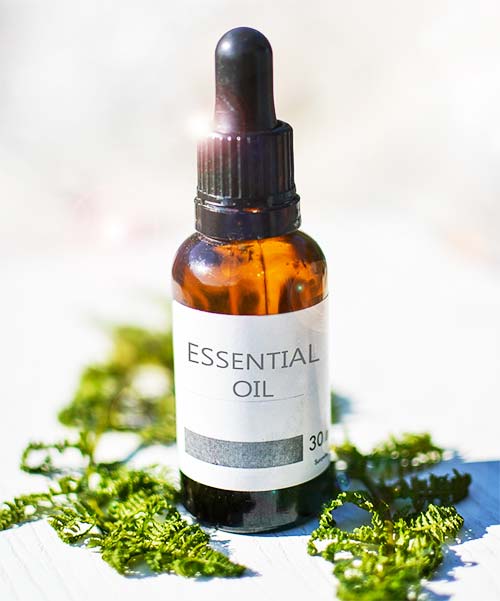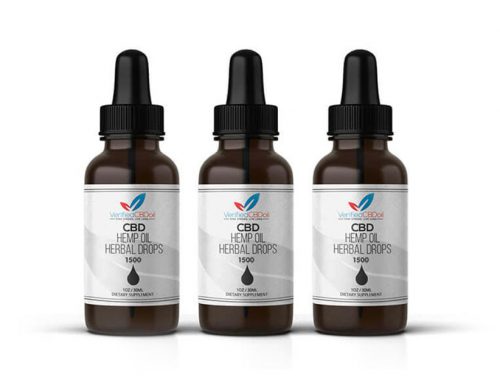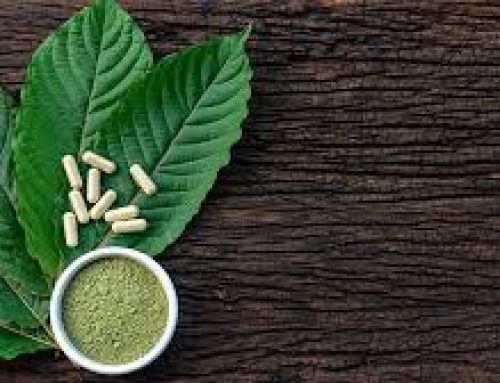 A panic attack is a sudden feeling of overwhelming anxiety, and it’ll peak within minutes. A person who’s suffering from a panic attack may experience sweating, pounding heart, palpitations, accelerated heart rate, shaking or trembling, feelings of choking, feelings of shortness of breath or smothering, chest pain or discomfort, dizziness, nausea, abdominal distress, fear of dying, fear of losing control or numbness or tingling sensations.
A panic attack is a sudden feeling of overwhelming anxiety, and it’ll peak within minutes. A person who’s suffering from a panic attack may experience sweating, pounding heart, palpitations, accelerated heart rate, shaking or trembling, feelings of choking, feelings of shortness of breath or smothering, chest pain or discomfort, dizziness, nausea, abdominal distress, fear of dying, fear of losing control or numbness or tingling sensations.
Luckily, there are essential oils that can help relieve panic attacks, and the best essential oils for panic attacks include lavender, rose, vetiver, ylang-ylang, bergamot, and chamomile. Read on to learn more about how essential oils can help you.
Lavender
The most common essential oil for panic attacks is lavender. It may have a calming, relaxing effect when it’s inhaled. The reason for this is because it’s considered a nervous system restorative. It helps with sleep, restlessness, irritability, nervous stomach and nervous tension. Clinical trials show that inhaling lavender essential oil reduces stress and anxiety.
Rose
Rose essential oil is similar to lavender. It’s commonly used for relieving anxiety, and it significantly reduces it. Similar to lavender essential oil, rose also has calming, relaxing effects.
Vetiver
Vetiver oil is a nervous system tonic that causes calmness and stabilization, and it decreases hypersensitivity and nervousness. It’s helpful to use the oil for panic attacks and shock. Did you know that vetiver oil helps the immune, respiratory, endocrine, circulatory, digestive, excretory and nervous systems? If you’re having trouble falling asleep because of panic attacks, vetiver oil will help you fall asleep because it’s a natural sedative.
Ylang-ylang
Ylang-ylang is a popular oil that’s commonly used for anxiety and depression. The oil has calming and morally and spiritually elevating effects. The oil has been known to help with bravery and confidence. It’ll help relieve fearfulness. Similar to vetiver oil, ylang-ylang is a naturally strong sedative.
A 2006 study showed that ylang-ylang, bergamot, and lavender oils reduced psychological stress responses, serum cortisol levels,and high blood pressure levels when all of the oils were used once a day for four weeks.
If you have low blood pressure or sensitive skin, you may want to try another oil for panic attacks as ylang-ylang can decrease blood pressure and cause skin irritation.
Bergamot
Bergamot oil has calming, relaxing effects. It’s often used to help treat depression by increasing energy, but it can also help with insomnia, agitation, and relaxation.
According to a study, the oil has been proven to reduce corticosterone response in rats. Another study conducted in 2011 showed that applying bergamot oil with other oils help relieve depression and anxiety.
Chamomile
Chamomile oil may help with irritability, anxiety, and worry. A study found that the chamomile oil capsules eased anxiety symptoms when taken by mouth. If you’re allergic to ragweed, there’s a small risk that chamomile oil may cause an allergic reaction.
Final Words
Essential oils can be used in many ways. Aromatherapy is very popular for anxiety, but an oral and topical application can be used also. You should only purchase essential oils that have been approved by the Food and Drug Administration if you’re living in the U.S.
You should never ingest or apply essential oils to your skin that aren’t diluted. You should talk with your doctor first before using any of the essential oils mentioned in this article.
About the Author:
Trysh Sutton is a wife, mother, attorney, interior decorator, strategic leader and owner of Pure Path Essential Oils. She has an eye for business, innovation, and perfection – and a desire to help her family, her friends and herself live a healthy and happy life.







